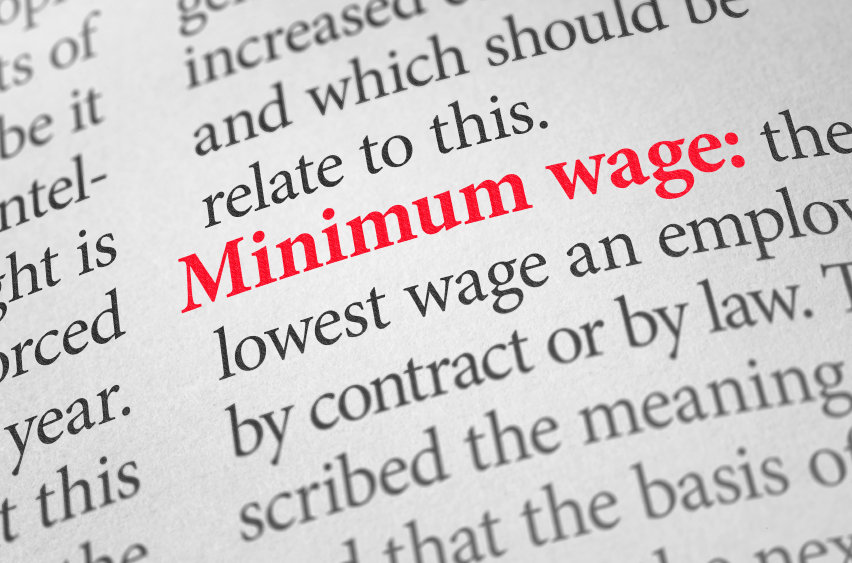
The Fight for $15 and its Policy Impact with Labor Law Enforcement
As cities and states experiment with increases in minimum wage, enforcement strategies are evolving to meet the challenges of this labor equality movement.
Since the end of 2012, workers and labor organizations have been fighting to raise minimum wage across the nation to reverse growing wage inequality. Their efforts fought heavily in the public eye, have made a substantial footprint on labor laws nationwide; nearly 17 million workers throughout the country have earned wage increases through a combination of states and cities raising their minimum wages. Of the 17 million workers who have received wage increases, 59% will be receiving gradual raises to $15 per hour, setting a national standard of $15 an hour.
With this rapid revolution of wage increases sweeping the nation, labor and wage disputes are sure to follow fnubunor businesses and companies who find they are unable to comply with such standards. In an effort to combat labor issues, California has implemented a standard set of enforcement provisions of wage laws for local municipalities to replicate. This core legal framework commonly includes a private right of action, damages, as well as liens on property owned by the employer so that it cannot be sold without payment going to the worker for back wages owed.
San Francisco, one of California’s biggest advocate cities for wage equality, shed light on a strategy to increase compliance and prompt repayment by allowing its health department to consider outstanding wage claims before granting health permits to restaurants. In following in the cities footsteps, local ordinances in California are allowing city departments or agencies to revoke or suspend business licenses and permits until any wage violation is resolved
However, fear of retaliation from employers often causes violations to go unreported by employees. In an effort to subside fear by employees, California has created strong anti-retaliation protections, which include a rebuttable presumption of retaliation if an employer takes broadly defined “adverse action” against an employee who have asserted their rights
In addition, local ordinances include provisions awarding reasonable attorneys’ fees and costs to employees whose rights have been violated. This provision encourages labor law lawyers to take cases.
